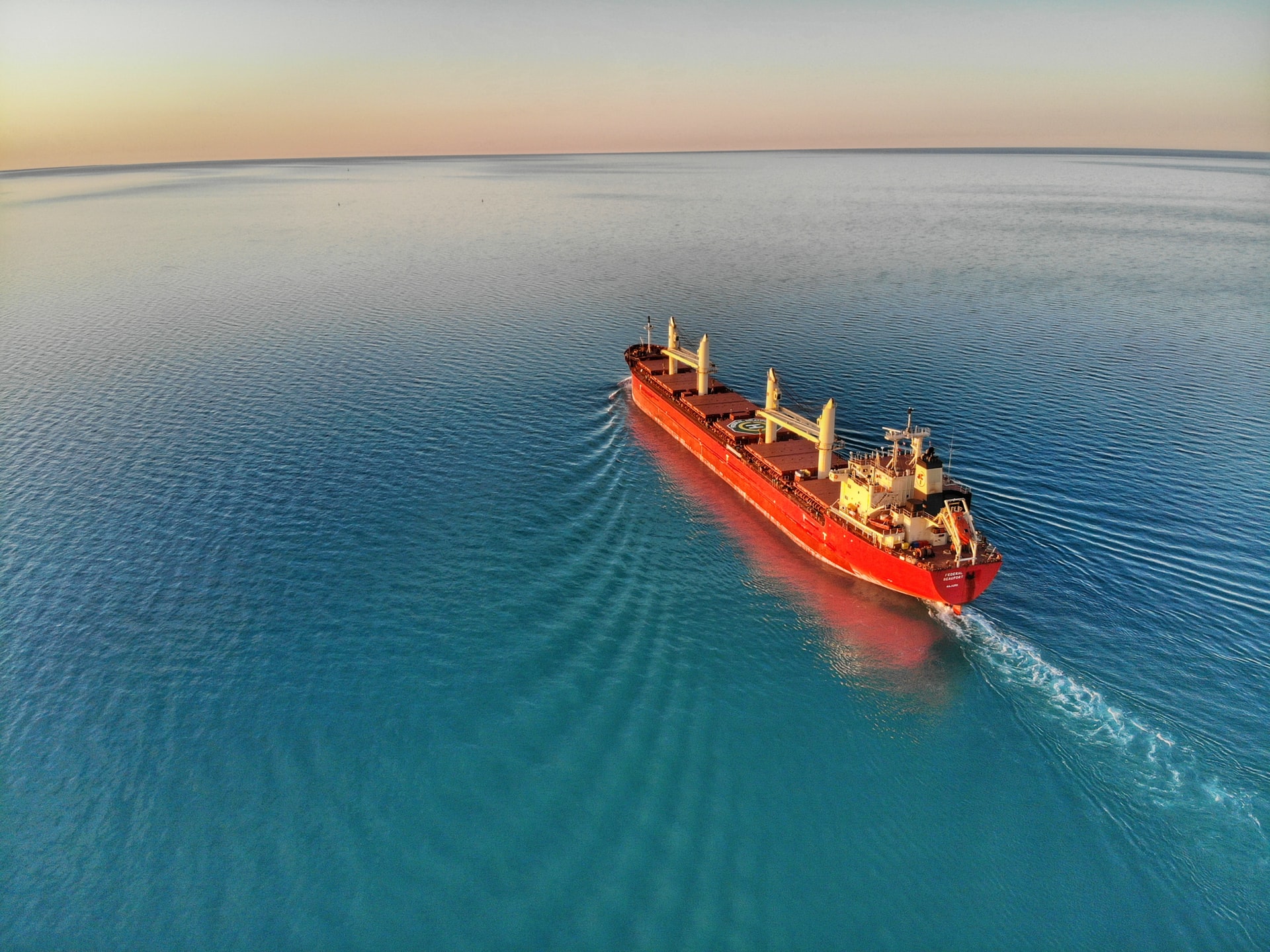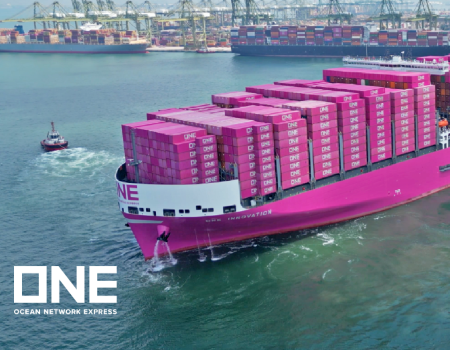For the first time since 2018, over 1,000 stakeholders across business, academia and governmental institutions from across the world will convene in person to shape the future of maritime.
This year’s event focuses strongly on the environment, exploring smarter and greener solutions for maritime transport, energy and tech and will also celebrate women’s work in marine science and technology. It will offer delegates many ways to exchange ideas, challenge each other’s views and connect:
- A trade fair, including exhibitors from across the world including a notable number from Europe, from public research teams to startups and large industrial groups
- B2B meetings and networking events
- Most importantly: 30+ plenary sessions and 3 keynote panel discussions all touching on this year’s central theme of green innovations – over 100 hours about the state of R&D and the future of maritime transport
Highlights: a deep dive into sustainable ports, energies & transports
Highly efficient innovative water-based Sea Water Air Conditioning (SWAC) solutions (27 September):
Cooling needs are increasing and current aircon systems are energy intensive. This session will delve into the potential of SWAC as an effective eco-friendly alternative. What are the challenges facing the integration of this technology and what are the improvements required for a larger scale rollout?
Enabling Net-Zero through 5G at Sea (28 September):
Continuous connectivity at sea has the potential to create a safer, more secure, and environmentally sustainable global blue economy. This session will explore how increased telecommunications and data transfer at sea can contribute to smarter and low-carbon solutions.
Collaboration across marine cyber & decarbonisation (29 September):
Will explore how world-leading research and development can be enabled through collaboration, detailing some of the University of Plymouth’s projects including:
-
- the £3.2m Cyber-SHIP Lab which is leading developments in understanding and mitigating cyber risks to vessels, ports and offshore infrastructure.
- the Marine e-Charging Living Lab that has enabled the installation of shore-side e-charging facilities that can easily link to the National Grid while meeting both consumer and commercial demand.
- Plymouth Sound will be home to the world’s first 5G ocean-based marine testbed.
- The Ocean Futures programme, a once-in-a-generation opportunity for government, industry and academia to work together to develop the regional economy of South West England, building on existing unique assets to create a world-class centre of excellence.
What opportunities can hydrogen offer?
Territorial maritime and port loops for renewable hydrogen, H2 production with MRE energy on port infrastructures for local needs and building hydrogen-powered ships
New Fuels: behaviour in aquatic environments & responses to accidental spills:
Behaviour & risks of maritime transportation for new fuels (ammonia, low sulphur fuel oils, VLSFO & ULSFO, hydrotreated vegetable oil, liquefied natural gas, etc.), whether used for ship propulsion or distribution plant supply.
To read more exclusive features and latest news please see our May/June issue here.
Media contact
Rebecca Morpeth Spayne,
Editor, International Trade Magazine
Tel: +44 (0) 1622 823 922
Email: editor@intrademagazine.com








